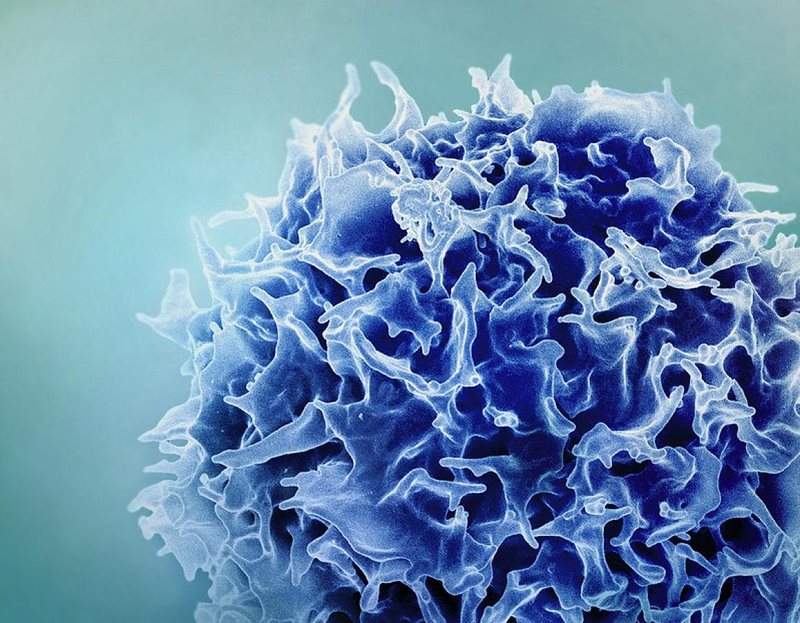NIH Grant to Fund Research on Targeted Therapy for p53 Wild-Type Sarcomas
 Lamassu Bio Inc. has been awarded a grant from the National Institutes of Health (NIH) and National Cancer Institute (NCI) for the development of their treatment for p53 wild-type sarcomas. The $2.05 million grant will help fund the clinical trial integral to this new cancer treatment. The trial will be conducted in collaboration with Cleveland Clinic Taussig Cancer Center and Cleveland Clinic Children's Pediatric Hematology and Oncology Department.
Lamassu Bio Inc. has been awarded a grant from the National Institutes of Health (NIH) and National Cancer Institute (NCI) for the development of their treatment for p53 wild-type sarcomas. The $2.05 million grant will help fund the clinical trial integral to this new cancer treatment. The trial will be conducted in collaboration with Cleveland Clinic Taussig Cancer Center and Cleveland Clinic Children's Pediatric Hematology and Oncology Department.
P53 is a crucial tumor suppressor gene commonly mutated in human cancers. Its role in preventing tumor formation by inducing programmed cell death in response to cellular stress makes it a key target for cancer therapy. The project focuses on advancing SA53, a novel therapeutic that targets p53 wild-type sarcomas, malignant tumors of connective or non-epithelial tissue.
SA53 has demonstrated remarkable potency, efficacy and safety in preclinical models, positioning it for an Investigational New Drug (IND) submission. This innovative approach offers promising prospects for addressing chemo-resistant cancer and presents a significant pathway for advancing cancer care.
"We are looking forward to investigating how this drug could work to possibly teach cancer cells how to die in a variety of cancers. We are pleased to be a part of research focused on a disease that impacts so many," said Dr Peter Anderson, pediatric oncologist at Cleveland Clinic Children's and Principal Investigator of the study.
Sarcomas represent approximately 13,000 cancer cases each year in the United States and pose significant challenges in terms of treatment due to their complexity and propensity for metastasis. Current therapies involve invasive surgery, toxic chemotherapy, and radiation, but many patients do not respond to these treatments.
The proposed therapy aims to trigger the body's natural defense mechanism, p53 by blocking MDM2, a protein that deactivates p53 and contributes to treatment resistance. The clinical trial will focus on achieving objectives such as determining a safe dosage for future trials, understanding pharmacokinetic profiles, and assessing early signs of effectiveness in treating soft tissue sarcomas with wild-type p53. The main goal is to advance SA53 through trials to offer a potential new and effective treatment option for patients.
"We believe that this genetically targeted therapy is potentially game-changing and can bring new hope for thousands of patients dealing with these cancers," said Gabi Hanna, Lamassu CEO and Founder. "The NIH grant will play a pivotal role in facilitating the transition of our research from the laboratory to the bedside. Collaborating with the exceptional team at Cleveland Clinic and NCI will also help accelerate the advancement of this therapy to the next phase of development. Together, we're poised to make meaningful strides in bringing innovative treatments to those in need who has no good option."
The collaboration between Lamassu and Cleveland Clinic represents a significant step forward in cancer research, offering hope for improved outcomes for patients with sarcomas and potentially other cancers that may respond to p53 deactivation.